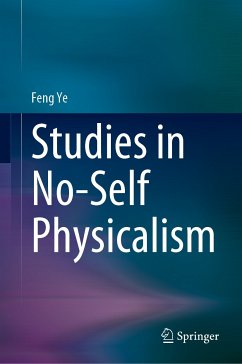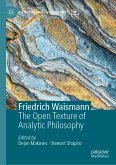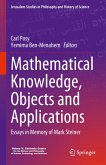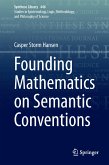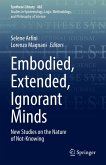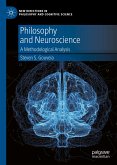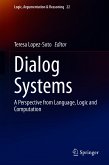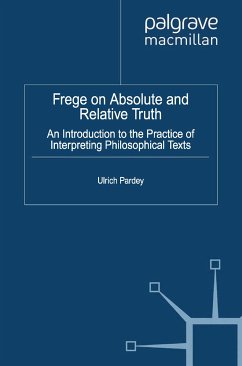This book demonstrates how a radical version of physicalism ('No-Self Physicalism') can offer an internally coherent and comprehensive philosophical worldview. It first argues that a coherent physicalist should explicitly treat a cognitive subject merely as a physical thing and should not vaguely assume an amorphous or even soul-like subject or self. This approach forces the physicalist to re-examine traditional core philosophical notions such as truth, analyticity, modality, apriority because our traditional understandings of them appear to be predicated on a cognitive subject that is not literally just a physical thing.
In turn, working on the assumption that a cognitive subject is itself completely physical, namely a neural network-based robot programmed by evolution (hence the term 'No-Self'), the book proposes physicalistic theories on conceptual representation, truth, analyticity, modality, the nature of mathematics, epistemic justification, knowledge, apriority and intuition, as well as a physicalistic ontology. These are meant to show that this No-Self Physicalism, perhaps the most minimalistic and radical version of physicalism proposed to date, can accommodate many aspects that have traditionally interested philosophers. Given its refreshingly radical approach and painstakingly developed content, the book is of interest to anyone who is seeking a coherent philosophical worldview in this age of science.
In turn, working on the assumption that a cognitive subject is itself completely physical, namely a neural network-based robot programmed by evolution (hence the term 'No-Self'), the book proposes physicalistic theories on conceptual representation, truth, analyticity, modality, the nature of mathematics, epistemic justification, knowledge, apriority and intuition, as well as a physicalistic ontology. These are meant to show that this No-Self Physicalism, perhaps the most minimalistic and radical version of physicalism proposed to date, can accommodate many aspects that have traditionally interested philosophers. Given its refreshingly radical approach and painstakingly developed content, the book is of interest to anyone who is seeking a coherent philosophical worldview in this age of science.
Dieser Download kann aus rechtlichen Gründen nur mit Rechnungsadresse in A, B, BG, CY, CZ, D, DK, EW, E, FIN, F, GR, HR, H, IRL, I, LT, L, LR, M, NL, PL, P, R, S, SLO, SK ausgeliefert werden.

